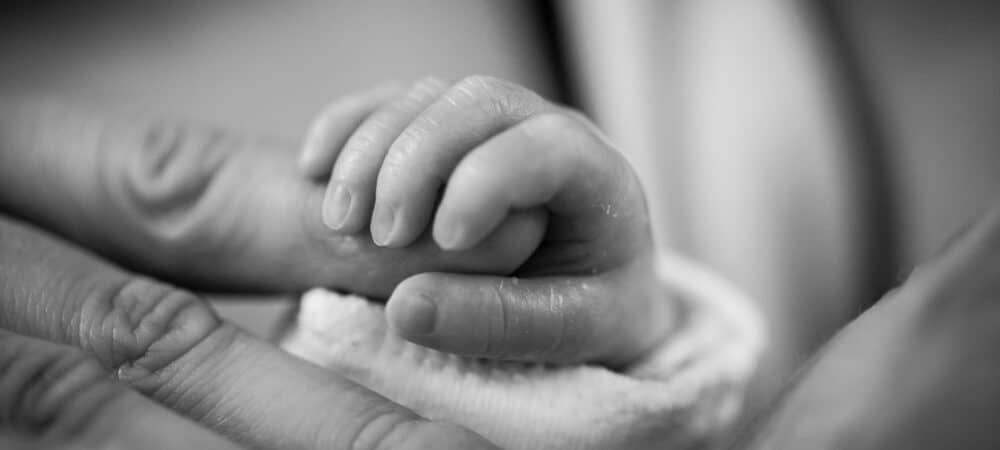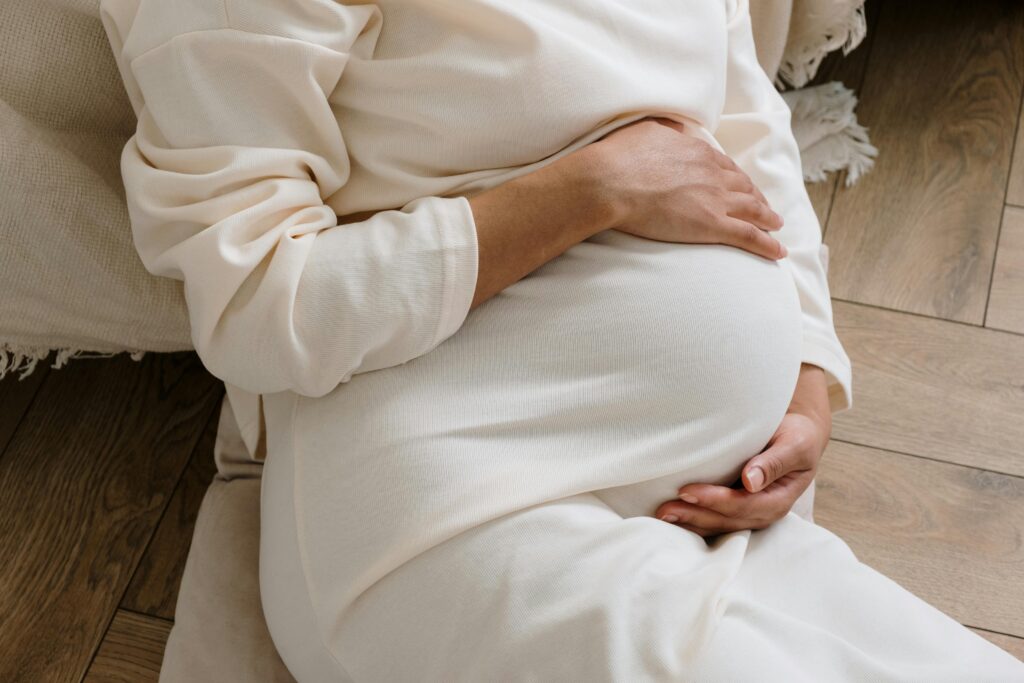


New mothers deserve the best of care, including the most effective pain management without the risk of opioid addiction during c-section recovery.
C-section delivery, vital for mother and baby, requires serious recovery time. Post-op opioid use was common for managing healing pain. However, concerns about opioid addiction risk During c-section recovery have risen.
New studies explore how opioids impact healing and potential dependence. The goal is to reduce overprescribing and leftover pills.
Research shows that about 53% of those who misuse opioid prescriptions report that they acquired their last pill from a friend or family member. This signifies that many people hold onto unused medications or share them with others.
About 77% of people prescribed opioids leave them in unlocked locations easily accessible by others in the home. Unused medication is a major factor that leads to nonmedical use by both patients and those with access, which increases the risk of addiction overall.
Newborns face a notable opioid addiction risk during C-section recovery if mothers are prescribed opioids postpartum. This risk comes from potential exposure through breastfeeding. The FDA and AAP highlight that avoiding opioid medications post-childbirth reduces such complications. This approach benefits both mother and baby by minimizing the risks associated with opioid analgesics
Overall, physicians would rather avoid sending a new mother home with her baby with a prescription of opioid painkillers if it can be avoided. Yet, with potential medical complications during C-section childbirth, the possibility of opioid pain management can’t always be mitigated.

Since the release of revised opioid prescribing guidelines in 2017, medical providers have been encouraged to limit the number of prescriptions they give to patients strictly, and when prescribing opioids, to only give as many pills as necessary for the patient to not experience acute pain. The use of alternative painkillers is suggested, such as acetaminophen, naproxen and others.
However, the opioid prescribing guidelines were recently amended again in 2022. This allows medical providers to continue prescribing opioids for those with acute pain more liberally. This may include giving scripts to women who have undergone childbirth via C-section for pain management.
Although there is no solid data yet to confirm any increase in opioid addiction stemming from opioid pain prescriptions for post-op care from C-sections, there is a worry that new pain management approaches may be halted with their reintroduction.
Current data is unclear on whether providing opioid pain management is a net positive or negative for patients. While under treatment of pain post-C-section can lead to postpartum depression, poor infant care and difficulty breastfeeding, the data is limited.
Some studies suggest patients who took fewer opioids pre-discharge also reported less opioid intake in the following weeks. The method of pain management post-Caesarean may demand a more individualistic approach to reduce overprescribing, often resulting in leftover medications around the home.
Extra opioid medication can pose a danger to surrounding family members and chronic opioid use after childbirth for the mother. Both of these scenarios are best avoided at all costs while still attending to the postpartum mother’s needs for rehabilitation after C-section surgery.
It’s important not to minimize the seriousness of a Cesarean surgery and the pain it may cause a postpartum mother. Along with caring for a screaming and crying infant who needs to nurse, pain may be amplified for some, especially when considering how little sleep mothers may get after giving birth.
The ACOG recommends ibuprofen as the first step towards battling pain after C-section delivery. According to studies, very little of the ibuprofen medication passes through breastmilk and to the baby, reducing exposure to any harmful effects. Acetaminophen is also safe to take while breastfeeding and both of these medications are available over the counter.
Physicians want to minimize the harm done to mother and child during the birthing process. Although C-sections are serious surgeries, they are often necessary and life-saving. Understanding that the postpartum mother requires pain management is something that is taken seriously and with careful consideration.
Avoiding prolonged pain management with the use of opioids is the optimal treatment for mothers who have had a Cesarean. Caring for an infant can be high-stress and challenging to cope with for the first several months for most new parents. Having access to potent opioid medications can pose a method of release or relaxation beyond pain management during those times.
Reducing the prescriptions for opioid medication for new mothers is of utmost importance in preventing future dependence and addiction during the heightened opioid crisis. New mothers are encouraged to keep a transparent and open line of communication with their medical providers to address any postpartum pain and potentially effective treatments that may help them without the unnecessary risk involved.
Middlesex Recovery wants to help parents who have been exposed to nonmedical use of opioids after expecting a child in a private and non-judgmental treatment center with compassionate and specialized medical professionals. Find the nearest location and call or message us today to learn more about our treatment services.